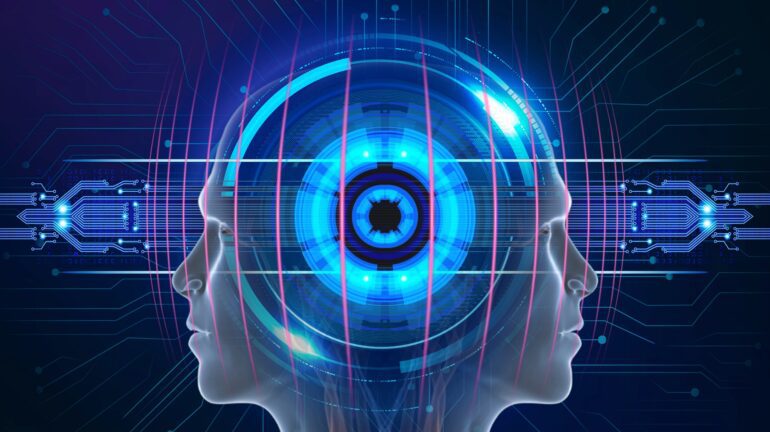TL;DR:
- AI’s impact on industries has been transformative, with few-shot learning emerging as a promising technique.
- Few-shot learning enables AI models to learn from a small number of examples, reducing the need for extensive data.
- Benefits of few-shot learning include faster development and training of AI models, improved generalizability, and addressing data scarcity.
- Few-shot learning has implications across industries such as healthcare, finance, manufacturing, and transportation.
- It can enable earlier detection of rare diseases, help AI models adapt to market trends, and enhance decision-making.
- Few-shot learning also plays a crucial role in promoting AI ethics and fairness.
Main AI News:
Artificial intelligence (AI) has emerged as a disruptive force across industries, revolutionizing our lifestyles, work dynamics, and interactions with the world. As AI advances at a rapid pace, few-shot learning has emerged as a game-changing technique that empowers AI models to acquire knowledge from a limited number of examples, circumventing the need for extensive datasets. This breakthrough holds immense potential in expediting AI advancements and molding the future of technology in profound ways.
Few-shot learning, a subset of machine learning, focuses on training AI models to recognize novel objects, concepts, or patterns with minimal exposure to instances. Traditional machine learning models often demand thousands or even millions of data points to achieve high levels of accuracy. Conversely, few-shot learning strives to emulate the remarkable ability of humans to learn quickly from a small number of examples, making AI more efficient and adaptable.
The primary advantage of few-shot learning lies in its ability to reduce the time and resources required for developing and training AI models. Consequently, businesses and researchers can swiftly bring AI-powered products and services to market, positioning themselves ahead of competitors and capitalizing on emerging trends. Furthermore, few-shot learning tackles the challenge of data scarcity, a significant hurdle in numerous industries. By diminishing the reliance on extensive datasets, few-shot learning democratizes AI, rendering it accessible to smaller organizations and niche domains constrained by limited data availability.
Enhancing the generalizability of AI models represents another benefit of few-shot learning. Traditional machine learning models often struggle to adapt to new scenarios or tasks, necessitating extensive retraining or fine-tuning. Conversely, few-shot learning empowers AI models to exhibit flexibility and adaptability, enabling them to perform exceptionally across a wider spectrum of scenarios. This increased versatility leads to more robust AI solutions that cater to the diverse needs of businesses and consumers.
The influence of few-shot learning on the future of technology extends beyond augmenting the efficiency and adaptability of AI models. It has the potential to drive innovation across various sectors, including healthcare, finance, manufacturing, and transportation. For instance, in healthcare, few-shot learning can empower AI-powered diagnostic tools to identify rare diseases or conditions with minimal training data, potentially enabling earlier detection and improved patient outcomes. In finance, few-shot learning can facilitate AI models in swiftly adapting to new market trends or regulatory changes, empowering businesses to make informed decisions and mitigate risks effectively.
Furthermore, few-shot learning assumes a pivotal role in advancing AI ethics and fostering fairness. As AI systems become increasingly prominent in decision-making processes, concerns regarding bias and discrimination have escalated. By reducing reliance on large datasets that often harbor inherent biases, few-shot learning mitigates the risks associated with biased AI models and promotes equitable outcomes.
Conclusion:
The advent of few-shot learning represents a game-changer in the AI landscape, with far-reaching implications for the market. Businesses can leverage this technique to accelerate their AI initiatives, reduce development timelines, and gain a competitive edge. The ability of AI models to learn efficiently from limited examples expands the potential for innovation and the creation of AI-powered products and services. Moreover, the increased generalizability and adaptability of AI models through few-shot learning provide businesses with more robust solutions that can cater to diverse market demands. Additionally, by mitigating biases and promoting fairness, few-shot learning addresses critical ethical concerns surrounding AI adoption. As the field continues to evolve, organizations that embrace and harness the power of few-shot learning will be at the forefront of AI advancements and better positioned to thrive in the dynamic business landscape.

